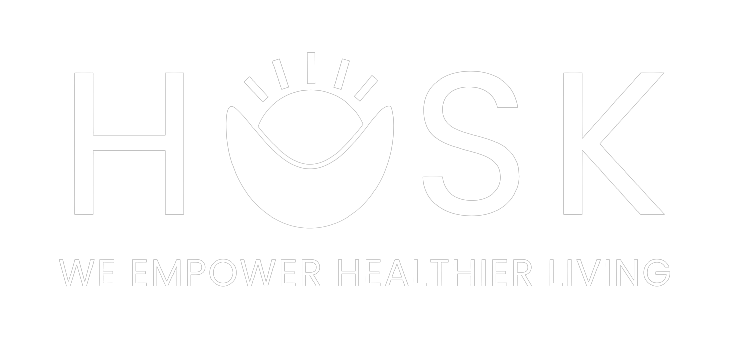
Women's Equality Day
We’ve seen the influence and power women can have on culture from Margaret Sanger’s work with contraceptives to Kamala Harris becoming the first female Vice President. Just over a century ago, the United States passed the 19th amendment, “prohibiting any state to deny the right to vote to any citizen on the basis of sex” in efforts to recognize the rights of women. This amendment not only served as the stepping stone for women’s voices to be heard, but also provided a platform for them to have a seat at the table in the workforce.
During this time period America was just coming out of (and recovering from) World War I. A few years into the war, organizations such as The American Red Cross recognized that action had to take place to improve the health of their citizens and soldiers if they were to continue to fight in the war and better prepare themselves for potential future wars. In efforts to improve the health of the nation in 1916, the National Committee on Dietetic Service was formed, providing the foundation for the Academy of Nutrition and Dietetics one year later.
Shortly afterwards, the Academy of Nutrition approached Congress to request military status for Registered Dietitians. After America joined World War II, dietitians were granted rank in 1943. The government recognized the urgent need for dietitians to join the military and provided the backing to increase trainings, pay, and status, ultimately raising women’s roles in the workforce.
Today, roughly a century later, women continue to dominate the nutrition profession as nearly 90% of all Registered Dietitians are women. Without a foundation such as the path laid by the 19th amendment, women may not have been provided such opportunities. While the field is open to any gender, and women can succeed in any field, it is clear that women were imperative for the growth of the dietetic industry and it’s clear that women’s voice was and continues to be key to make real impact and sustainable change.
